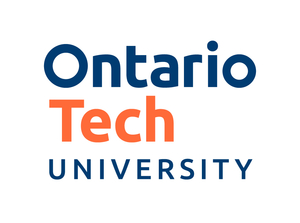The Ideological Conflict between the Criminalization of Drug Use and Harm Reduction Programming
Abstract
Policies that criminalize individuals who use drugs were first enacted for the purpose of imposing deviant identities on impoverished and racialized communities. These policies, which are disproportionately enforced, have serious social, economic, and public health implications. Harm reduction philosophies seek to alleviate these consequences, but access to such programming is impeded by the stigma, enforcement, and professionalization of service provision associated with repressive drug policies. The failed War on Drugs is in opposition to harm reduction principles, thus exacerbating the harms of drug use in addition to generating unique harms of its own. In order to achieve justice for the drug using community, the mobilization of drug policy reform advocacy at all levels is necessary. In order to contextualize the stigma faced by individuals who use drugs, this report will illustrate the social construction of drug use as immoral and subsequent labelling of people who use drugs as deviant in an examination of the historical context of drug prohibitions and harm reduction philosophies. In highlighting the empirical evidence in support of harm reduction programming, I identify gaps in service provision and assess the ways in which prohibitory drug policies act as a barrier to service delivery, and in conclusion, provide recommendations for policy reform and means for achieving structural change.

